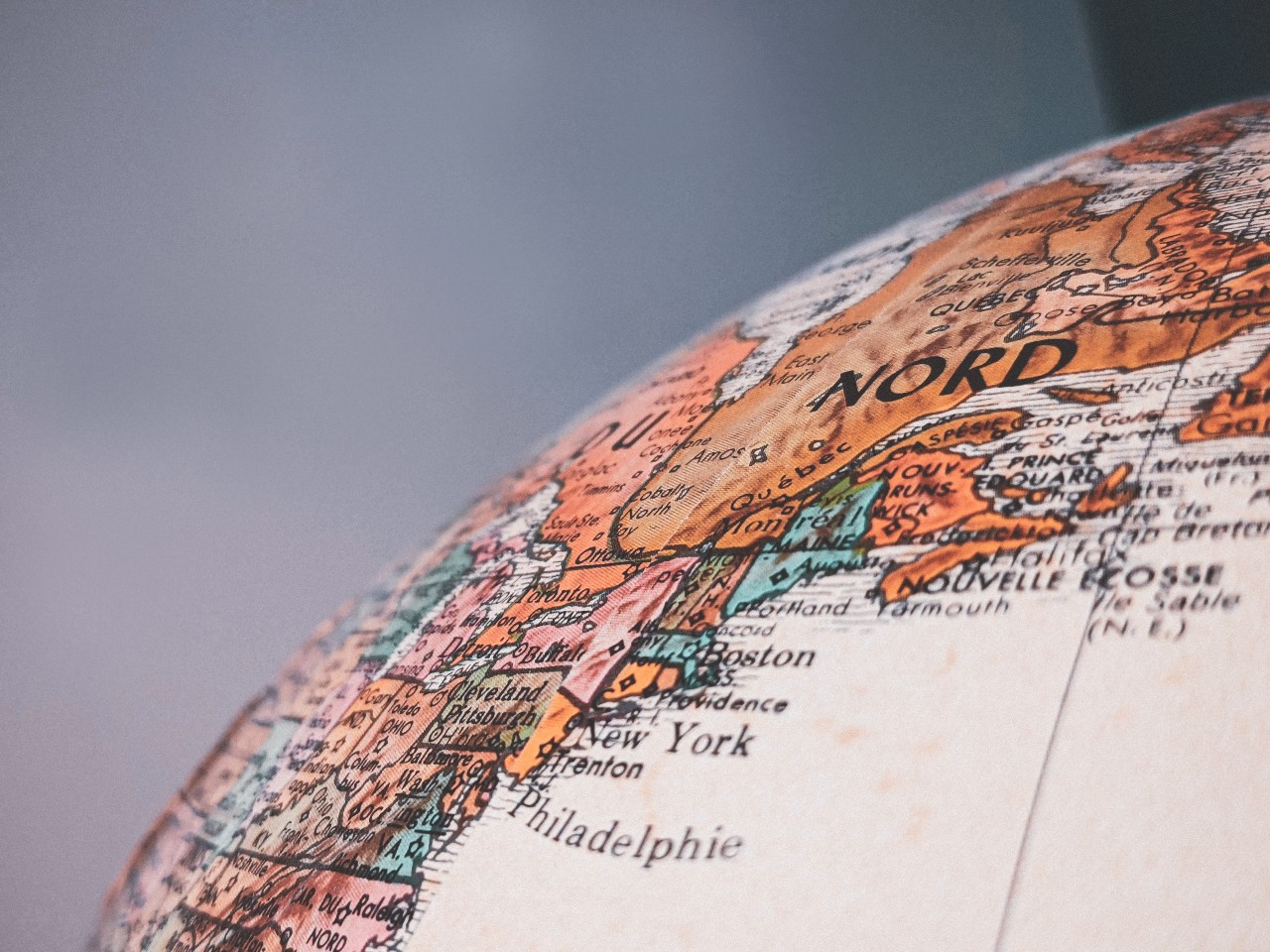Cryonics is a practice of using advanced medical procedures and extreme low temperatures to preserve human bodies or brains after death with the hope of revivification using future advancements in medical science. It’s been around as a practice since the 1960s in the United States, but in recent decades it has become more popular internationally.
Cryonics is a complicated issue, facing a web of legal, moral, financial, and technological hurdles even in the best of circumstances. With increased interest in cryonics around the world comes an increase in questions about the process – and a desire to understand where it is most accessible to the general population.
This article will provide a quick overview of the status of human cryopreservation in major countries and regions around the world. Which countries are the most cryonics-friendly? Which nations actually have local cryonics companies? And what cryopreservation options are available near where you live?
Read on to learn more.
The Best Places for Cryonics
The United States
The United States has been the leading country for cryonics for decades, and though other nations are developing their own cryonics industries, there’s still no beating the U.S. for making the process relatively easy and accessible.
The U.S. is home to the two oldest cryonics companies, Alcor and the Cryonics Institute. These companies are located in Arizona and Michigan, respectively, which means that most of the U.S. population is a short plane flight away from one or the other. Rapid preservation after death is one of the most important elements of a successful cryonics process, so having two local companies – which have affiliated groups and representatives across the nation – is a huge plus.
The U.S. also has a solid legal foundation upholding the rights of cryonics patients. Though the practice isn’t exactly widely accepted in mainstream culture, organizations like Alcor have successfully won court victories, which means that cryonics rights are very strong in the U.S., and those that choose to be preserved won’t have much to worry about legally as long as they make their intentions and desires clear before death.
Certain states in the U.S., most notably California, are also among the best places in the world for those interested in “cryothanasia,” which refers to the practice of assisted dying for terminally ill patients used in combination with cryogenic preservation. Laws including the California End of Life Option Act have established the rights of the terminally ill to seek “death with dignity,” which can include cryothanasia as an option.
Russia
Russia has its own home-grown cryonics company KrioRus, based in Moscow, which for years was the only established cryonics option outside of North America. KrioRus offers add-on services like medical standby and body transportation for free to those living in Moscow itself, making it a great option for those who live in Russia’s capital city.
Russia is a very large nation, so KrioRus might not exactly be “close” for everyone in the country interested in cryonics, but it’s still much easier to deal with a company inside the country rather than crossing international borders near or after death. Russia also has the advantage of relatively loose laws around what can be done with deceased individuals, removing some of the red tape that cryonics patients can encounter in North America and Europe.
Despite the relative freedom from legal barriers for legally dead cryonics patients, Russia doesn’t offer much legal flexibility when it comes to cryothanasia. All forms of physician-assisted death are explicitly illegal under Russian law.
Germany and the Netherlands
Cryonics in Europe is a mixed bag, with differing laws in different nations, and until very recently the best option for Europeans interested in cryonics was to make arrangements with one of the American companies or with Russia’s KrioRus. As of 2019, however, the biotech company Tomorrow Biostasis is offering cryonics services specifically aimed at Europe, with dedicated standby preservation teams currently operating in Berlin and Amsterdam.
German law has permitted cryonic preservation indefinitely, putting cryonics rights in Germany ahead of many other European nations. And assuming Tomorrow Biostasis continues to grow and establish itself, while continuing long term, Europeans will have a much closer and more convenient option than they’ve ever enjoyed before. The lack of standby teams and clear legal protection in some countries other than Germany and the Netherlands is a concern, but with relatively low barriers to movement between EU nations it shouldn’t be too difficult for those desiring cryonic preservation to make arrangements prior to their deaths.
A 2020 court ruling overturned previous laws regarding physician-assisted suicide in Germany. While this is still an emerging legal frontier in the country, this could be a positive sign for those seeking cryothanasia options in that nation in the future.
China
It’s not easy to find much information on the status of cryonics in China, but the information that we do have is promising enough to list the country among the best places in the world for cryonics going forward. Most notably, China has its own local cryonic preservation company, the Shandong Yinfeng Life Science Research Institute, which already has a number of bodies frozen and reportedly uses some of the most advanced methods yet devised and performs extremely high-quality preservations.
It’s unclear how accessible cryonic preservation is to the population at large in China, but a representative for the institute speaking to the media highlighted the lack of “religious obstacles” to the process, hence China might be positioned to lead the way with cryonics in the decades to come.
Cryonics in other countries
The UK
Those interested in cryonics in the United Kingdom don’t have a local company to provide them services, so usually make arrangements with one of the American companies or KrioRus. Now that Tomorrow Biostasis, being much closer, is on the scene, we can expect it to become an attractive option as well.
Interest in cryonics in the UK took off a few years ago after a high-profile case affirmed the rights of patients to choose the practice if they wish. Local organizations like Cryonics UK, often made up of volunteers, work to help with the logistical challenges of rapid preservation and international body transportation. And, while the lack of a domestic cryonics option poses a significant obstacle, this hasn’t stopped more and more UK citizens from making arrangements for cryonic preservation after death.
Laws around healthcare in the UK present significant obstacles for cryothanasia for terminally ill patients, so those who are interested in that practice are placed in the position of potentially creating legal trouble for those who assist them.
France
In many nations the legal status of cryonics is nebulous, but in France the law is clear: cryonics isn’t considered a legal method of body disposal after death. This is frustrating for French cryonics advocates, but it isn’t an insurmountable obstacle. While those in favor of cryonics rights continue to push to change the law, those nearing the end of their lives would be wise to make arrangements to move or travel to more cryonics-friendly nations before death. Similarly, existing law presents a number of obstacles for those seeking cryothanasia.
Canada
In most of Canada cryonics is not illegal, and with the United States being so close, there are reasonable options available for those looking to make cryonics arrangements. However, it’s worth noting that the province of British Columbia is one of the rare places in the world where cryonics is explicitly illegal. That law is facing challenges, of course, but as of yet British Columbia remains the most cryonics-hostile place in North America.
Canada has some of the clearest legal protections for euthanasia and physician-assisted suicide in the world, which should provide solid ground for those seeking cryothanasia in the future as that practice becomes more common.
Japan
Japan is another nation that relies on local organizations to help cryonics patients get to their long-term storage destinations. Russia’s KrioRus has several Japanese nationals among its membership, and the Japan Cryonics Association specifically recommends the Cryonics Institute. The organization also recommends patients travel to the U.S. before death if possible, because once again medical and legal complications will arise when the time comes to properly preserve a body for international travel. The laws applying to cryothanasia are similarly strict or unclear.
Where should you live if you’re interested in cryonics?
If you have the freedom to choose where you live and cryonic preservation is important to you, it would be wise to choose a country with domestic cryonics options – and even better to live as close as possible to the storage facilities those companies run, to cut down on transportation challenges. In the U.S., living near Alcor in Arizona or the Cryonics Institute in Michigan would be a plus, while Moscow, Berlin, and Amsterdam are other options with dedicated preservation teams available from local cryonics companies and associations.














